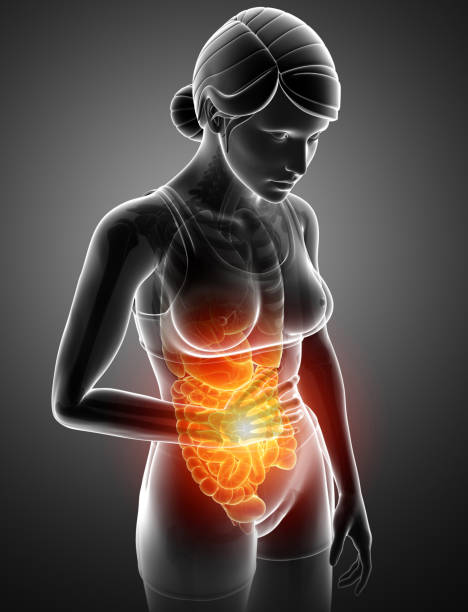Introduction
Stomach aches are a common and often benign symptom of various digestive and non-digestive conditions. They can range from mild discomfort to severe pain and can be accompanied by other symptoms such as nausea, vomiting, and diarrhea. In this article, we will explore the causes, symptoms, diagnosis, and treatment of stomach aches.

Causes of Stomach Aches
Stomach aches can be caused by a wide range of factors, including:
- Indigestion
- Gastroenteritis (stomach flu)
- Food poisoning
- Constipation
- Ulcers
- Inflammatory bowel disease (IBD)
- Irritable bowel syndrome (IBS)
- Gastroesophageal reflux disease (GERD)
- Appendicitis
- Kidney stones
- Gallstones
Symptoms of Stomach Aches
The symptoms of stomach aches can vary depending on the underlying cause. Some common symptoms include:
- Abdominal pain or cramping
- Bloating
- Nausea
- Vomiting
- Diarrhea
- Loss of appetite
- Constipation
- Gas
Diagnosis of Stomach Aches
To diagnose the cause of your stomach ache, your doctor may perform a physical exam and ask about your symptoms. They may also order tests such as blood work, a stool sample, or imaging tests (such as an X-ray, ultrasound, or CT scan) to help diagnose the underlying cause of your symptoms.
Treatment of Stomach Aches

The treatment for stomach aches depends on the underlying cause. Some common treatments include:
-
Over-the-counter antacids: To relieve indigestion and heartburn, over-the-counter antacids can be taken.
-
Antibiotics: To treat infections such as food poisoning or a bacterial infection, antibiotics may be prescribed.
-
Laxatives: To relieve constipation, laxatives can be used.
-
Anti-diarrheal medication: To relieve diarrhea, anti-diarrheal medication can be taken.
-
Pain relievers: To relieve abdominal pain, over-the-counter pain relievers such as ibuprofen or acetaminophen can be taken.
-
Changes in diet: To improve symptoms of Irritable Bowel Syndrome (IBS) or Gastroesophageal Reflux Disease (GERD), dietary changes such as avoiding triggers such as fatty, spicy, or acidic foods, and eating a balanced diet with plenty of fiber may be recommended.
-
Surgery: In some cases, surgery may be necessary to treat underlying conditions such as appendicitis or gallstones.
It is important to consult with a doctor if you have persistent or severe stomach aches, as there could be an underlying condition that needs to be addressed. The treatment plan will be tailored to the individual's specific needs and the underlying cause of their symptoms.
Prevention of Stomach Aches
To prevent stomach aches, it is important to practice good digestive health, including:
- Eating a balanced diet with plenty of fiber
- Drinking plenty of water
- Avoiding triggers such as fatty, spicy, or acidic foods
- Avoiding overeating
- Getting regular exercise
- Managing stress
- Avoiding smoking and excessive alcohol consumption












